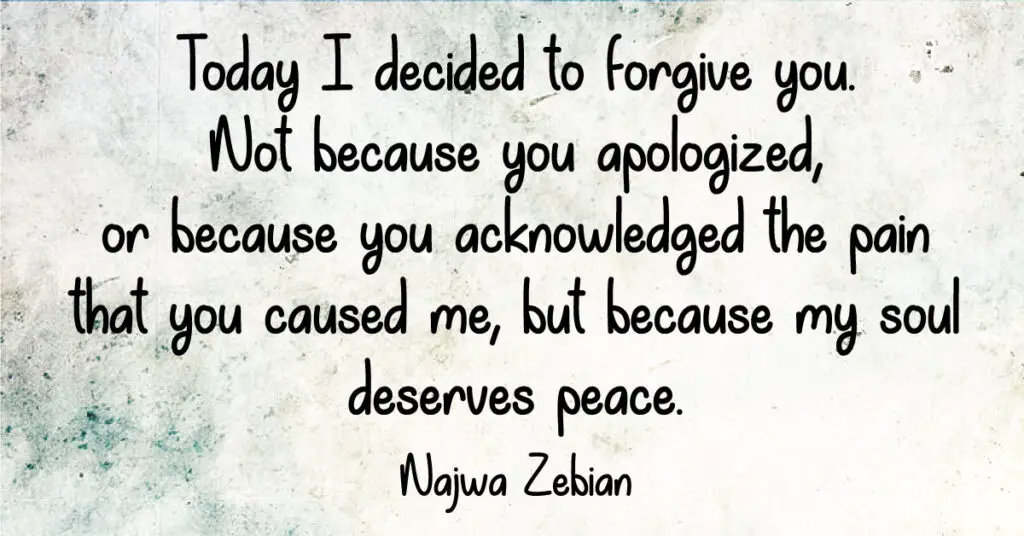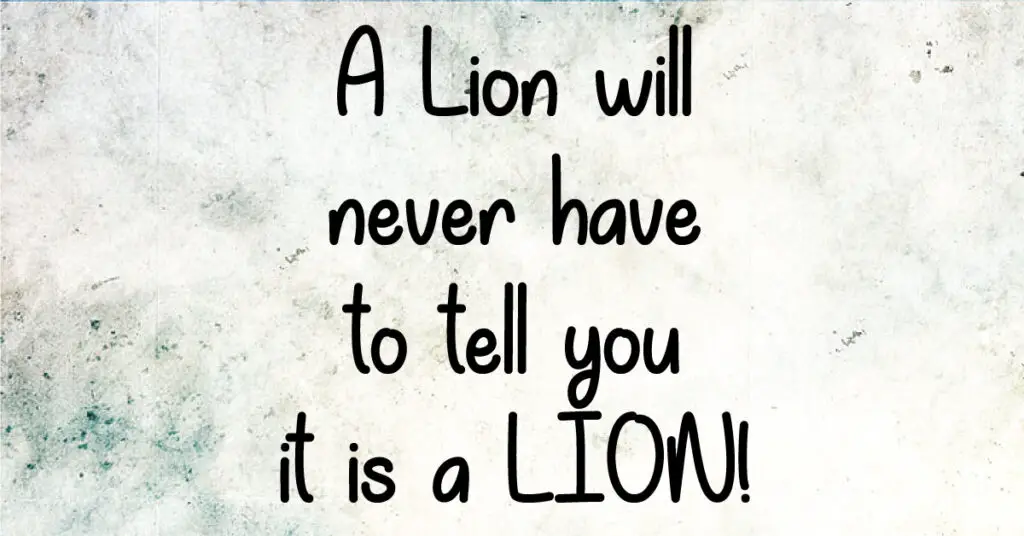Childhood is the formative stage of life where we start to shape our understanding of the world, ourselves, and how we relate to others. These early experiences, be they positive or negative, are instrumental in molding our personality traits and behavioral patterns. The influence of these experiences extends beyond childhood and into adulthood, particularly affecting our relationships.
They lay the groundwork for how we interact with others, the way we establish emotional connections, and our approach to handling conflicts. Our childhood experiences imbue us with certain tendencies and expectations that we carry into our adult relationships. These can include trust issues, communication styles, conflict resolution skills, or even our capacity for intimacy.
In essence, our childhood plays a pivotal role in defining our relationship dynamics in adulthood. Understanding this correlation can provide valuable insights for personal growth and improving our interpersonal relationships.
Impact of Positive and Negative Experiences
Childhood experiences are integral to our overall development and significantly influence our adult lives, particularly in the realm of family health and relationships.
Positive childhood experiences often stem from supportive family environments where love, care, and support are abundant. Such environments cultivate a sense of security and self-worth in children, equipping them with the emotional tools needed to form healthy and fulfilling relationships in adulthood. They learn how to express their feelings, resolve conflicts constructively, and establish trust – all vital components of healthy relationships.
On the contrary, adverse childhood experiences such as neglect or abuse can have detrimental effects on an individual’s ability to form and maintain healthy relationships in adulthood. The lack of a safe, nurturing environment can lead to difficulties in establishing trust, a crucial element in any relationship. These individuals might struggle with insecurities, fear of abandonment, and difficulty in expressing emotions, which can result in strained relationships. Furthermore, they may also have difficulty dealing with conflict, often resorting to unhealthy coping mechanisms learned during their childhood.
Our childhood experiences, both positive and negative, leave an indelible imprint on our psyche, affecting how we perceive ourselves and others, and how we navigate the complex world of relationships in our adult lives.
The Role of Early Home Life
Research indicates a significant correlation between the quality of home life at age three and future academic achievements. Approximately 10% of a person’s academic success can be attributed to their early home environment. This underlines the importance of a nurturing and supportive environment during the formative years of a child’s life.
An enriching home environment during early childhood not only fosters academic growth but also cultivates essential personal qualities. Children raised in such surroundings tend to develop resilience, a trait that helps them overcome challenges and bounce back from adversities. They also learn empathy, which allows them to understand and share the feelings of others, a vital skill for successful interpersonal relationships.
Moreover, these environments encourage the development of robust social skills. These skills, which include communication, conflict resolution, and cooperation, are fundamental to forming and maintaining healthy relationships in adulthood. Therefore, the impact of a child’s early home life extends beyond academic success and shapes their capacity for building meaningful relationships later in life.
Trust and Relationship Formation
Trust is the bedrock upon which relationships are built. It fosters a sense of security, allowing individuals to be vulnerable and honest with each other. Our ability to trust, and how we perceive trustworthiness in others, is significantly influenced by our childhood experiences.
Children who grow up in trustworthy environments, where promises are kept and honesty is valued, often develop secure attachments. These secure attachments serve as the foundation for their future relationships. They are more likely to trust easily, believe in the reliability of others, and have healthier relationships in adulthood. They understand the value of being reliable and trustworthy themselves and tend to mirror these qualities in their interactions with others.
On the other hand, children who experience betrayal or deception early in life may face challenges in trusting others as they grow older. Such experiences can lead to the development of insecure attachments, characterized by fear of abandonment, anxiety, and difficulty in trusting others. This lack of trust can make forming and maintaining relationships more difficult in adulthood. They may constantly question the intentions of others, find it hard to open up, and struggle with vulnerability, all of which can strain their relationships.
In essence, our ability to trust and our perception of trustworthiness are largely shaped during our childhood. Understanding this link between early experiences and adult relationships can be instrumental in personal growth and relationship building.
Childhood Trauma and its Effects
Childhood trauma refers to distressing experiences that occur during the formative years of a child’s life. These traumatic events, which can include neglect, abuse, or the loss of a loved one, can have a profound impact on an individual’s adult relationships.
Trauma, especially when experienced at an early age, can disrupt the normal development of a child’s brain and affect their emotional growth. This can lead to difficulties in understanding and managing emotions, which are critical for forming healthy relationships.
One common consequence of childhood trauma is the development of trust issues. If a child’s trust has been repeatedly violated, they may carry this distrust into their adult relationships. They might constantly fear betrayal, making it difficult for them to form close bonds with others. The fear of being hurt again can make them overly cautious and resistant to opening up, which can hinder the formation of deep, meaningful relationships.
Additionally, adults who have experienced childhood trauma may struggle with maintaining healthy relationships. They might be hypersensitive to signs of rejection or abandonment, leading to frequent misunderstandings or conflicts. In some cases, these individuals may also exhibit patterns of unstable, intense relationships, often characterized by extreme idealization and devaluation.
Childhood trauma can significantly influence an individual’s capacity to establish and maintain healthy adult relationships. Understanding and addressing these underlying issues is crucial for healing and fostering healthier relationship dynamics.
The Path to Purpose
Early childhood is a critical phase that can significantly impact our sense of purpose later in life. When children are encouraged to explore their interests and passions, they develop a strong sense of self-efficacy and intrinsic motivation. This self-driven exploration helps them understand what truly matters to them, shaping their sense of purpose.
As adults, these individuals are likely to seek out relationships and careers that align with their inner values and passions. They tend to pursue fulfilling relationships that provide emotional growth and mutual support. Similarly, they often choose careers that they find meaningful and rewarding, rather than just financially lucrative. Thus, a supportive and encouraging environment during early childhood can foster a lifelong pursuit of purpose and fulfillment.
Final Thoughts
Childhood experiences, both positive and negative, have a profound impact on adult relationships. These early experiences shape our ability to trust, our resilience in the face of adversity, and our capacity for empathy. While the effects of negative childhood experiences can be long-lasting, they do not have to dictate our future. Understanding these influences can empower us to seek healing, grow, and build healthier relationships in adulthood.







